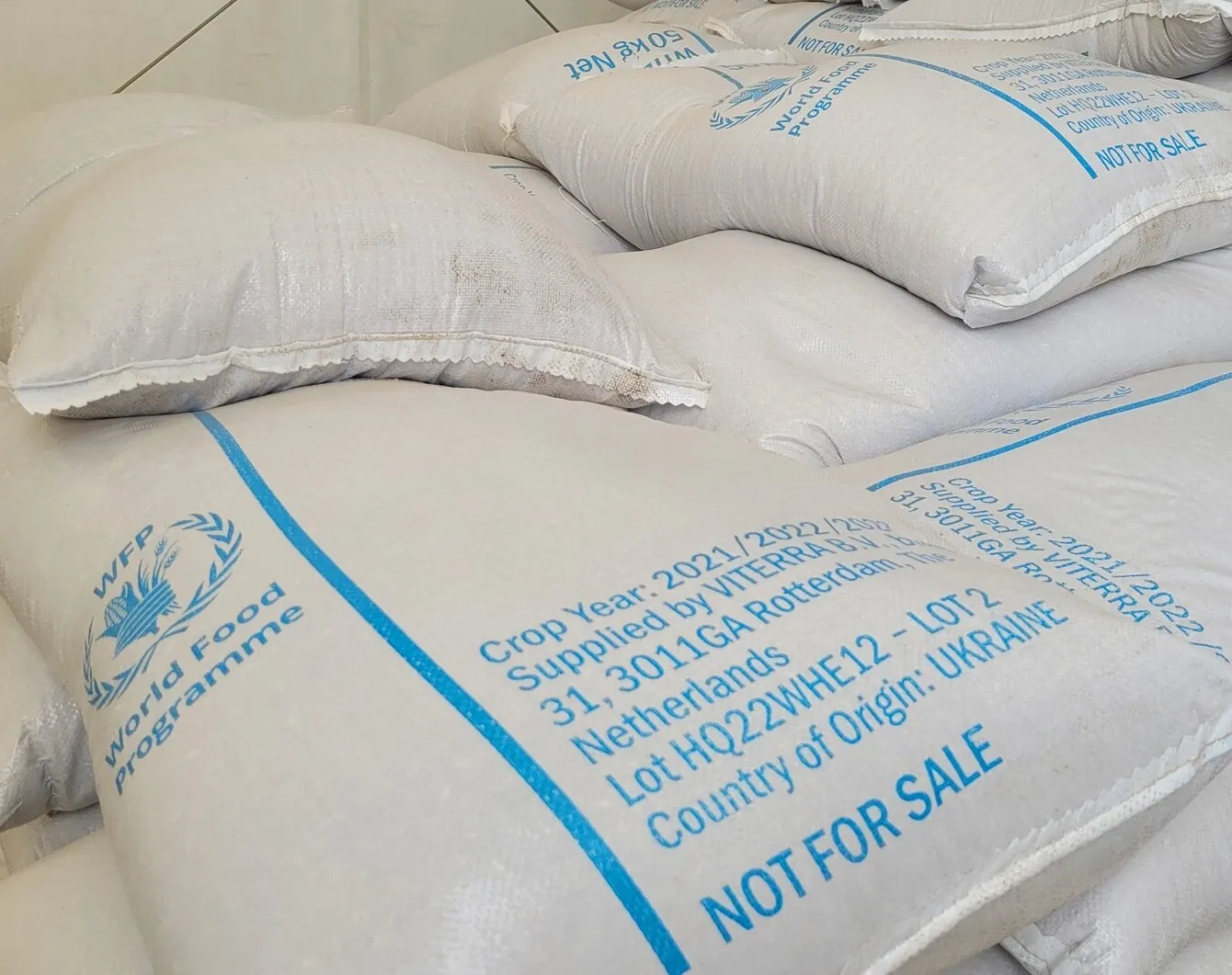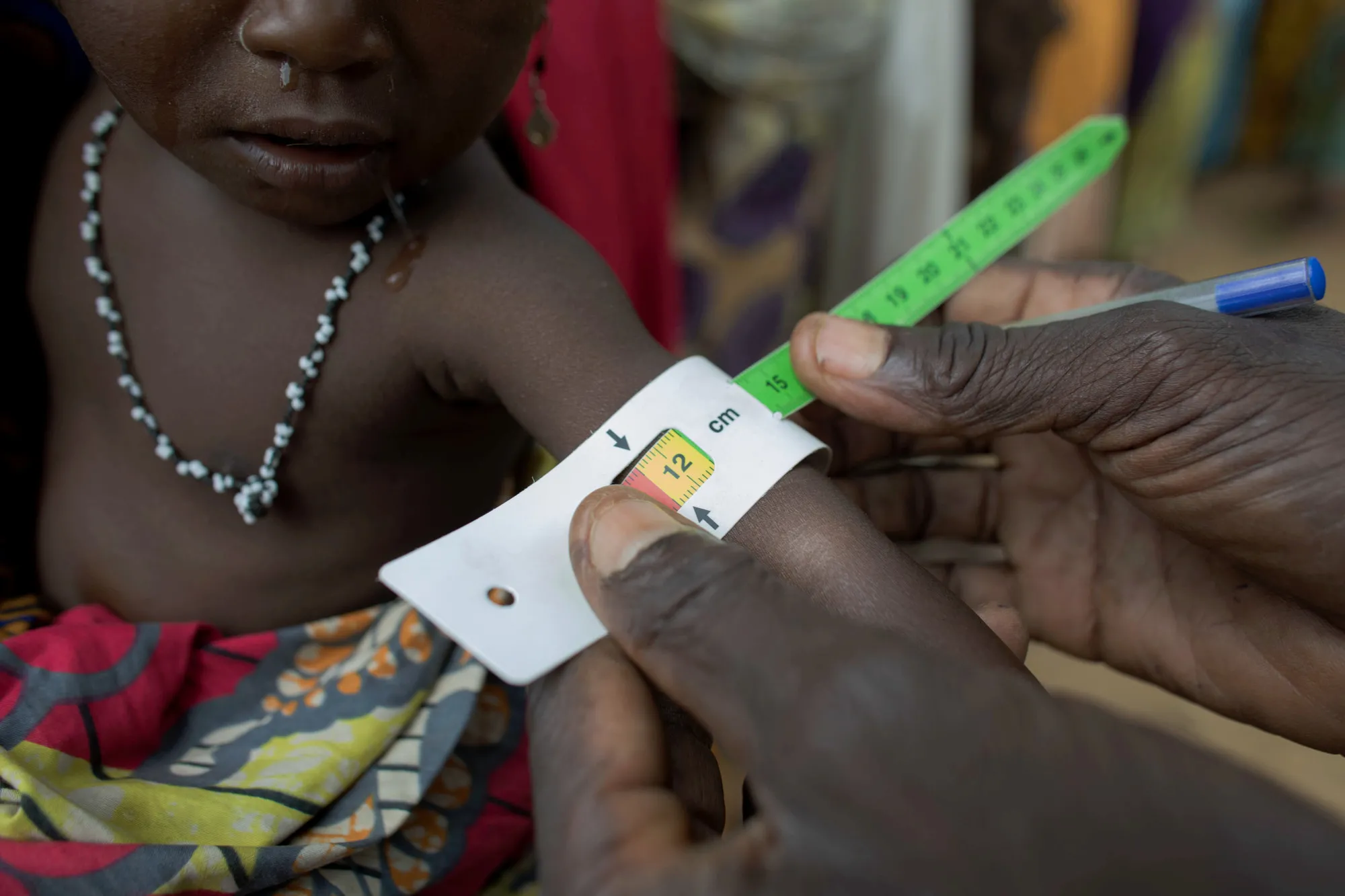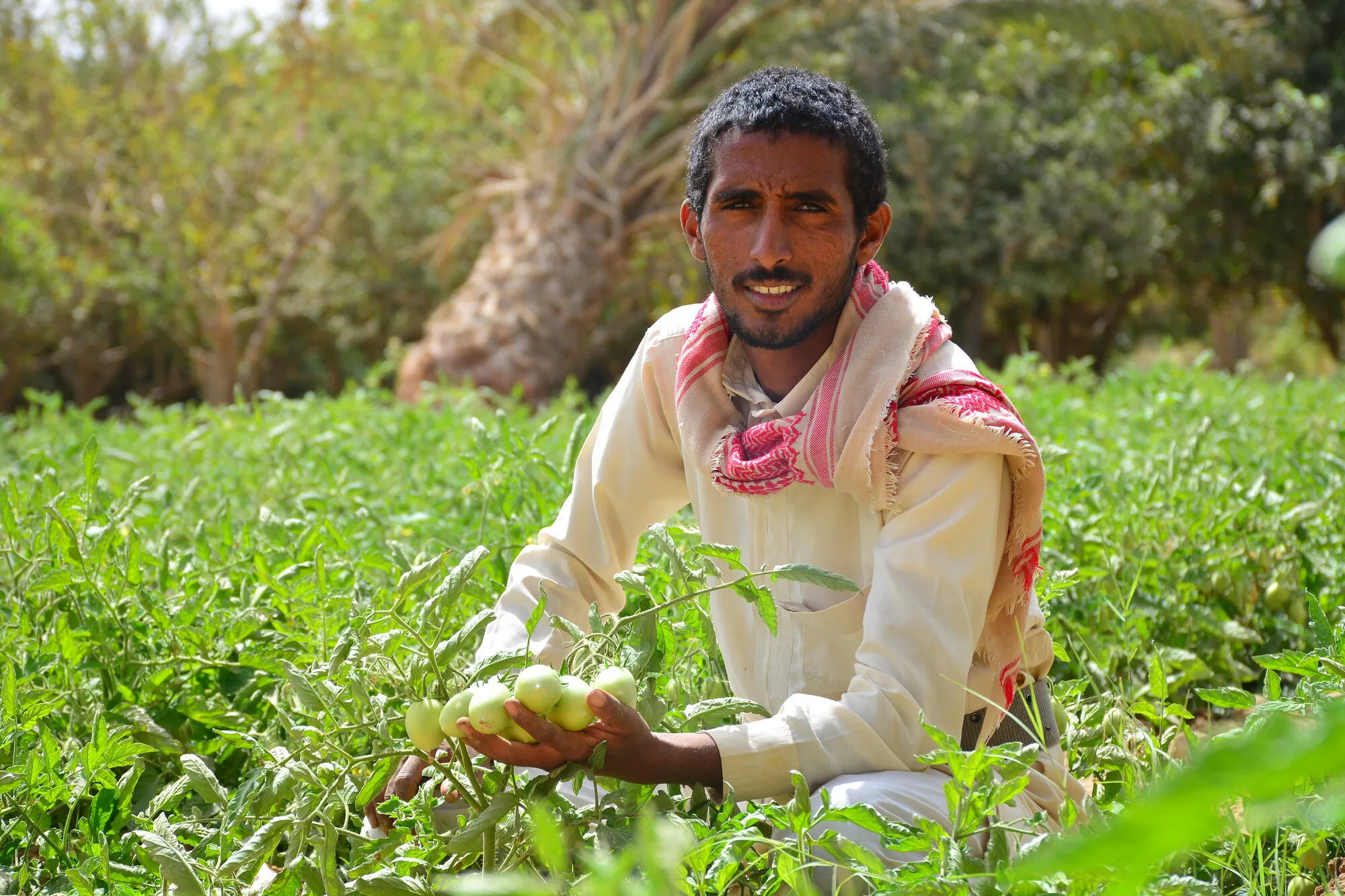Following the invasion of Ukraine in February 2022, prices spiked worldwide for commodities like grain, as well as essential resources for agricultural production like fertilizer, seeds, and gasoline. From consumers in Lebanon that could not afford buying basic food items, to small-scale producers in Malawi not able to plant their crops, no one was spared the conflict’s impact on food production. Women bear the burden of this food crisis, disproportionately making sacrifices to feed their families.
Countries already facing humanitarian crisis and relying on food aid shipments, like Somalia or Yemen, were amongst the hardest hit. Communities in these places are already facing crisis-level food insecurity, with many living at the brink of famine.




